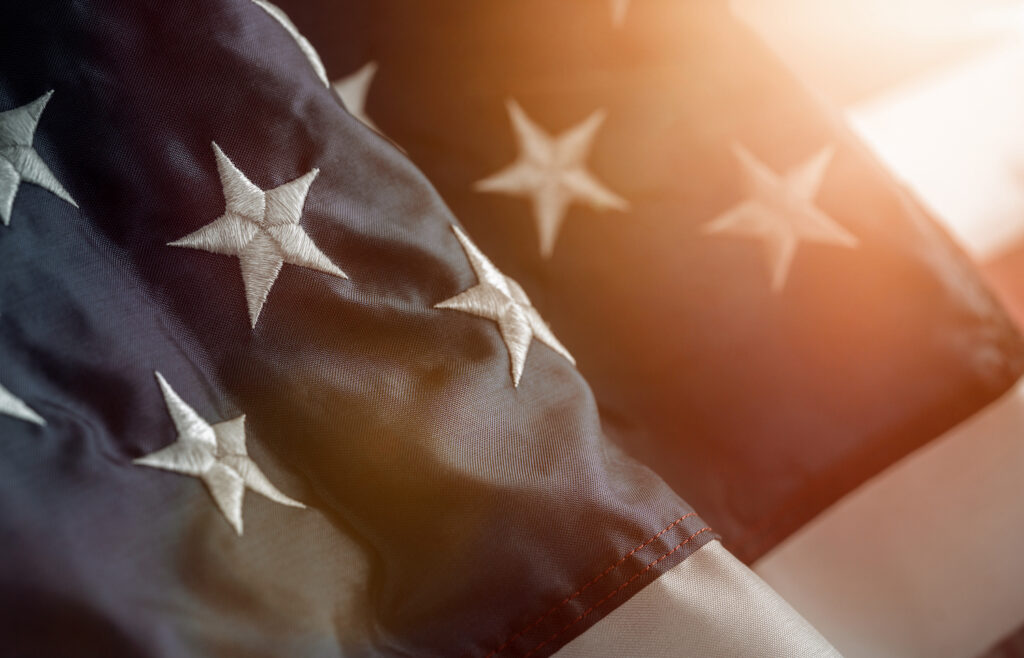Reminiscent of advice once given to Peter Parker (aka Spider-man): with freedom comes great responsibility.
One winter when I was in the fourth grade, my mother allowed me to join my friends, snow sleds in tow, to the golf course behind our home. There was one spot, Hill 16, which had a pretty significant drop, or so it seemed to me. At that age, and from my perspective, the thing looked like an Olympic ski slope.
As we set off, my mother called out, “Bobby, you are free to go, but be careful!”
“Sure Ma, I love you. Bye.” Off we went, her near-daily warning making little impact against my high expectations.
My friends and I arrived at Hill 16 only to find it closed off with yellow caution tape, and a sign warning, “Do Not Enter.”
Naturally, we went right under the tape and flew down the hill on our sleds, only to find sheer ice and exposed gravel. I lost control, slammed into a tree and ended up in the emergency room where I received eight stitches, and countless glaring looks from my mother with an equal sense of failure.
“Be careful,” Mom had warned. “You are free … but be careful.”
With freedom comes great responsibility, indeed, and having been entrusted with what was (in those days) a reasonable amount of freedom, I had not handled it well. I had not been careful with it.
That episode became very instructive to me on many levels. As an American citizen, I value those freedoms enshrined in the Bill of Rights – the freedom to speak my piece, to assemble and associate with whom I wish. As a Catholic bishop, I treasure our freedom of religion “and the free exercise thereof” and want to trust that leaders in both political and religious venues guard those freedoms well, neither abusing them, nor weakening them through a lack of vigilant attention to the world around us.
Both of those things can happen, and very easily, because while human nature likes predominance of viewpoint, it often takes too much for granted. We see something of that happening even now in our culture when people with one point of view make suggestions – sometimes not even veiled suggestions – that those of a different opinion should be silenced. This includes people without religious beliefs arguing that while churches may be fine so far as they go, they have no place in the arena of public ideas and debate.
We are given freedoms, which are precious, but we must approach them as responsibly – and with as much respect for others – as we can. Freedom used irresponsibly, as I learned young, has the potential to deliver a profoundly painful reckoning.
On another level, my confrontation with the snowy tree at the bottom of Hill 16 (and my sheer neglect of my mother’s good advice to be careful) has instructed me – and often – about the freedom God gives each of us.
And this is a staggering freedom to contemplate, because it is a freedom that goes beyond snow sleds, open speech or even the freedom to worship: it is the freedom to love God or leave God.
It’s as simple as that, but, truly, what a staggeringly huge idea – that a Creator being would give his own creature the freedom to offer love or withhold it; to serve or refuse; to attend to his commandments or to ignore them.
Of course, with that spiritual freedom comes its own reckoning – sometimes in this life, unavoidably in the next. But the thing is, while we live, we can consider and reconsider our lives within that freedom.
We can decide to remain turned away, or we can turn, and turn repeatedly, to the God who knows us intimately – the one who knew us before we were manifested, understands all the whys and wherefores of our flaws and failings and yet – if we are to believe Jesus’ parable of the Prodigal Son (and why shouldn’t we) – is always watching for that moment we have turned, finally, looking with clear eyes toward the place of our origins, the heart of the father, whose freedoms are wider and deeper than most realize.
Now, you are free to go. Just be careful!
Bishop Robert P. Reed is an auxiliary bishop of the Archdiocese of Boston, pastor of St. Patrick and Sacred Heart parishes in Watertown, Massachusetts, and president of the CatholicTV Network. He is chairman of the U.S. Conference of Catholic Bishops’ Committee on Communications.

